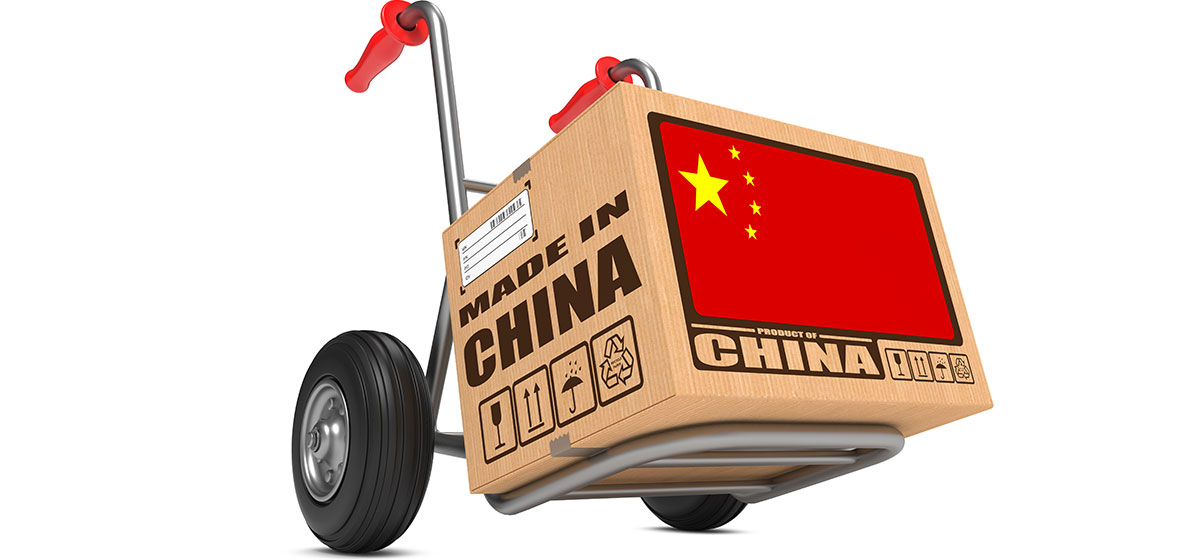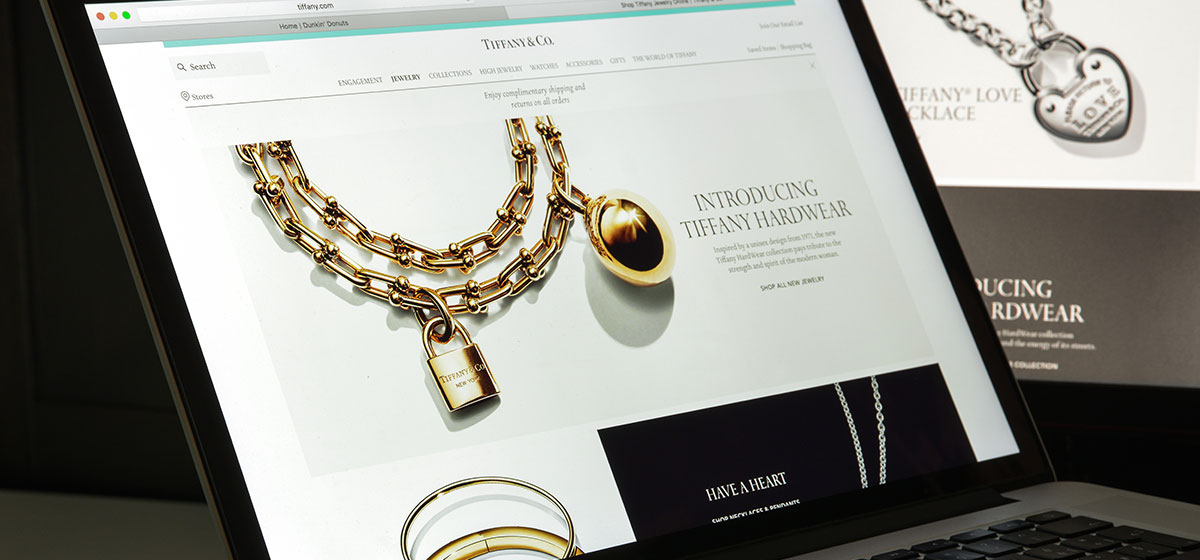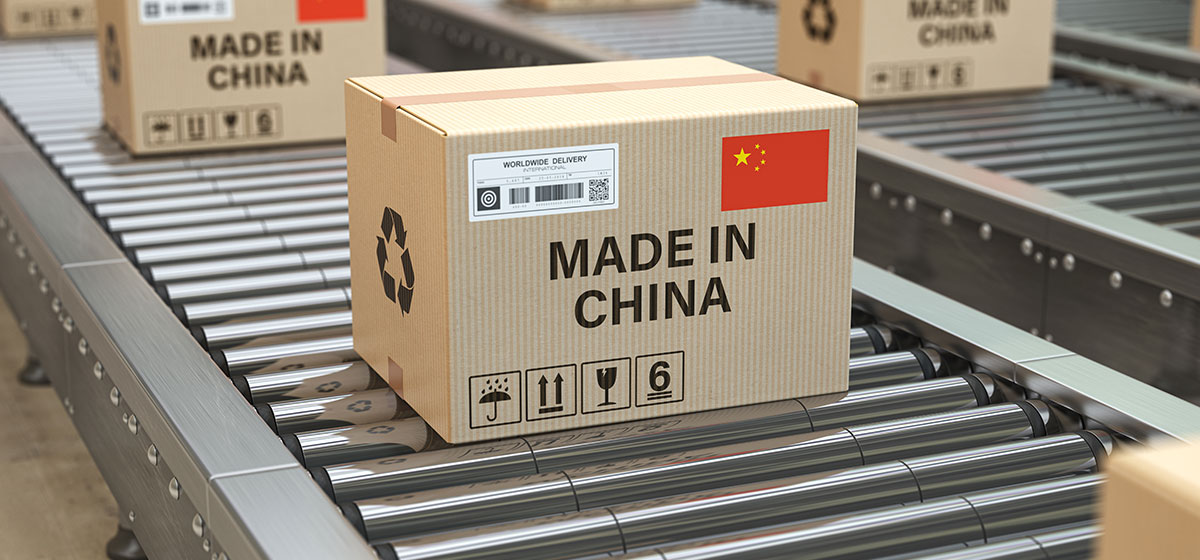Quality assurance (QA) plays a vital role in manufacturing. It is the process that ensures all products meet the desired standard of quality before reaching customers. With the growing complexity of global supply chains, investing in rigorous QA protocols has become indispensable for companies that want to get ahead and establish themselves as industry leaders. This article delves into the benefits of incorporating quality assurance in your manufacturing operations.
Ensuring Consistent Product Quality
One of the significant benefits of QA in manufacturing is the assurance of consistent product quality. Quality assurance manufacturing helps maintain the reliability and uniformity of products by establishing standardized procedures. Implementing a strong QA process is crucial for eliminating variances in products, thereby providing consumers with products that not only meet but exceed their expectations.
Building a Positive Brand Reputation
High-quality products are the bedrock of a positive brand reputation. In this digital era in which we live, where consumers have a wide array of choices, maintaining a strong brand reputation is key for attracting and retaining customers. A robust QA process ensures that every product aligns with the brand’s promise, reinforcing the company’s credibility and enhancing its reputation.
Minimizing Errors and Reducing Costs
QA helps in the early detection and resolution of defects or errors. By identifying and correcting errors before products reach customers, QA can help minimize the costs associated with returns or repairs. In addition, QA can help prevent costly recalls by ensuring products are defect-free before they hit the market.
Facilitating Compliance with Regulations
Quality assurance also plays a critical role in ensuring compliance with industry standards and regulations. Regulatory compliance can often be complex and challenging to navigate. However, by integrating QA processes into your operations, you can effectively meet these regulatory demands and avoid penalties or legal complications.
Driving Continuous Improvement
Quality assurance promotes a culture of continuous improvement. It provides actionable insights related to processes and systems, enabling manufacturers to identify areas of improvement. Regular QA audits and assessments facilitate the refinement of processes, leading to improved efficiency and productivity.
Promoting Customer Satisfaction
Finally, at the heart of QA is the goal of achieving and maintaining high levels of customer satisfaction. By ensuring the delivery of high-quality products, QA contributes to enhanced customer trust and loyalty. Satisfied customers often turn into repeat customers and can become advocates for your brand.
Enhancing Supplier Relationships
In the world of manufacturing, having strong relationships with suppliers is paramount. Quality assurance is integral to fostering these relationships. By setting clear quality expectations and working closely with suppliers to meet those standards, a manufacturer can build a network of trusted suppliers. This collaboration ensures that both parties understand the quality requirements, leading to fewer misunderstandings and disputes.
Boosting Competitive Edge
Quality assurance manufacturing not only helps maintain products’ standards, but also provides a competitive edge for companies within their designated market. In an industry where competition is fierce, the quality of products can be a key differentiator. By adhering to stringent QA protocols, a manufacturer can stand out from competitors by offering superior quality products. This one element may be all a company needs to stand out as more impressive than their competitors. This could help them not only attract new customers but also retain existing ones.
QA for Manufacturing as a Holistic Solution
Quality assurance is more than a manufacturing protocol; it is a strategic approach to achieve excellence. Its benefits range from maintaining consistency in products to reinforcing a brand’s reputation, promoting regulatory compliance, reducing costs, driving continuous improvement, and enhancing customer satisfaction.
This process is one of the most surefire ways to yield success in today’s competitive manufacturing landscape. From ensuring consistent quality to building supplier relationships and gaining a competitive edge, QA offers an array of advantages. Connect with East West Basics today to explore how we can enhance your manufacturing process through our expert quality assurance services.









